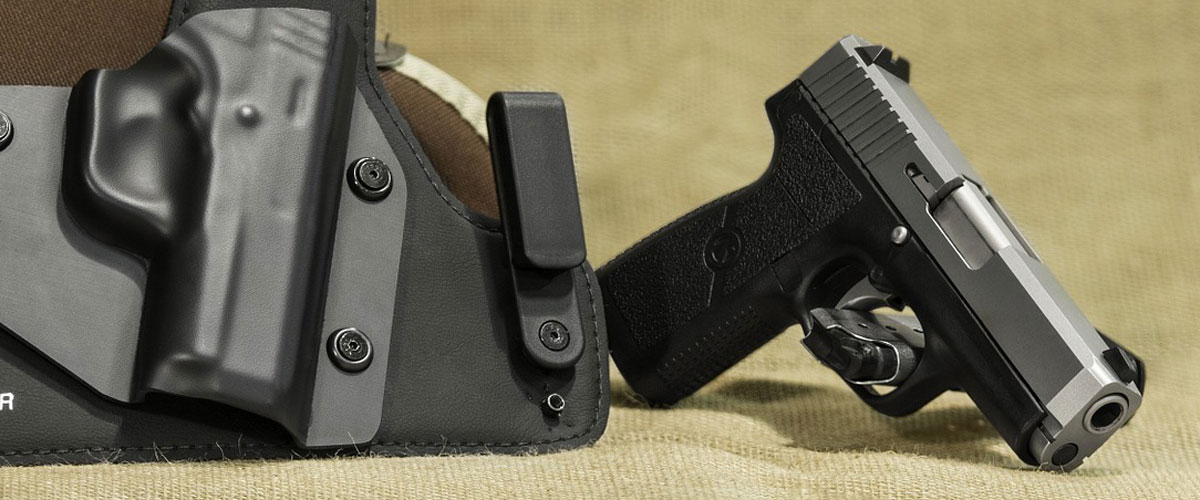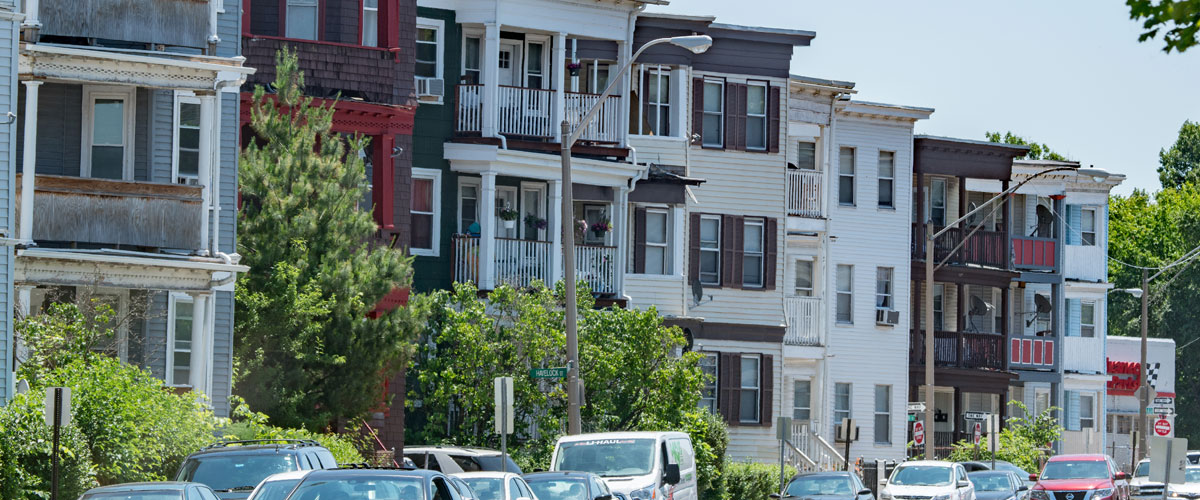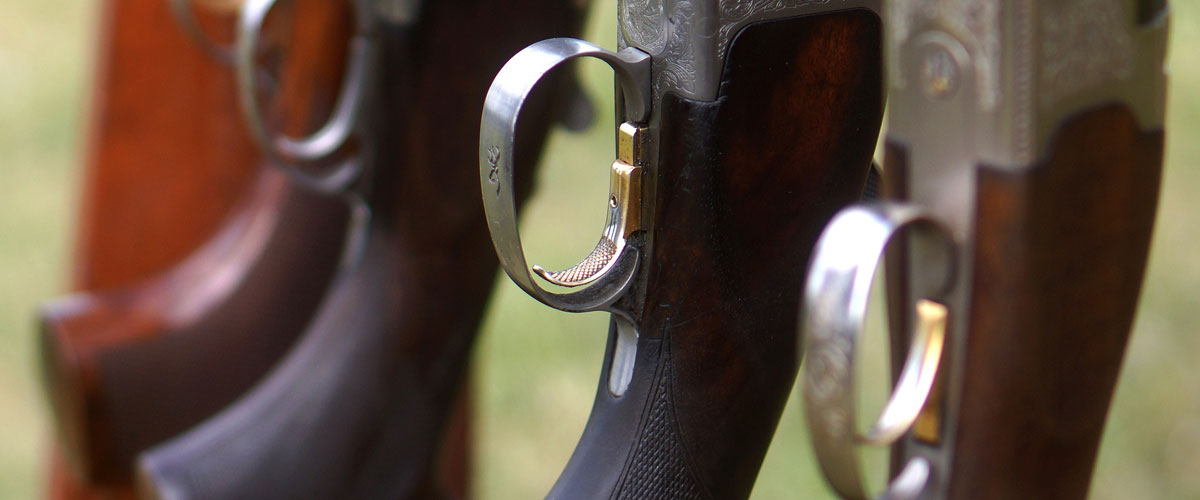Owning a Firearm in Boston
Find out how to get and keep a firearms identification card or license to carry firearms. We also have information on how to keep you and your loved ones safe.
The below information provides general advice to help guide people and should not be considered legal advice. There may be additional rules and regulations that apply in different circumstances.
State information
Guidelines
Guidelines
First-time applicants
You must complete a Massachusetts Certified Firearms Safety Course, or a Basic Hunter Education Course. and submit a certificate of completion with your firearms license application. Learn more about the training requirements.
Are you a new Massachusetts resident and you own firearms? You must apply for a card or license within 60 days.

Boston Police involvement
If you live in Boston, or own a business in the City, the Boston Police commissioner is your local licensing authority. The Boston Police Department's Licensing Unit conducts background checks and interviews all applicants.
For a new license or renewals, you must complete a live fire test at the Boston Police Department's Firearms Range. We encourage you to have some experience with a handgun. We expect you to show the safe handling of, and familiarity with, a .38 caliber, 4-inch barrel revolver. View an application process graphic.

Downloads
Want to to learn more about the specific requirements for licenses? The state has online resources. You can also download the Boston Police guidelines:
Restrictions
The Boston Police Department's Licensing Unit may place restrictions on your firearms license. If you request an unrestricted license to carry, you must show good reason to fear injury to yourself or your property, or some other proper purpose or reason, consistent with Massachusetts state law. When applying for an unrestricted license, you must send our Licensing Unit a letter stating this reason. You’ll need to include any supporting documents with this application. You’ll need to include any supporting documents with this application. We have more information on license restrictions.
Boston Assault Weapons BanBoston’s assault weapons ban expands on the state law. You can learn more about this law and weapons prohibited through the City provision, and on the state’s assault weapon webpage.
If you change your address, you must tell the:
- Boston Police Department
- chief of police in your new town or City, and
- the Department of Criminal Justice Information Services commissioner.
If you don’t do this, you may get your license suspended or revoked. You need to complete and return the state's change of address form to these officials.
You must report any private sale or transfer of a firearm through the Massachusetts Gun Transaction Portal. This needs to happen before or at the time of the sale or transfer. You also must register a firearm within seven days through the same portal if you bought or received a firearm by any means other than by a personal sale or transfer, or through a Massachusetts firearms dealer.
If you inherit a firearmYou must get a firearm license or legally get rid of the firearm through transfer, sale, or other legal means. In some cases, you may be best served by consulting with a firearms attorney, or with a dealer experienced in transfers, to help you through the inheritance process.
Firearm storage at home
If you don’t secure your firearms, it’s a criminal offense. You must keep firearms either:
- secured in a locked container in such a way as to prevent unauthorized access, or
- equipped with a tamper-resistant, mechanical lock or other safety device. This device must make the firearms inoperable by any person other than the owner or other lawfully authorized user.
Transporting firearms in vehicles
The laws for transporting a firearm can be confusing. However, if you keep the firearm unloaded, and locked in a case in the trunk or rear storage compartment of a truck or SUV, you will comply with the current law. You can find more information on this issue on mass.gov.
HandgunsIf you have an unrestricted license to carry, you can transport a loaded or unloaded handgun on your person or in a motor vehicle. However, if your license has a restriction, you are only able to carry your handgun within those restrictions. If you are not carrying the handgun on your person, it must be properly secured within accordance with Massachusetts state law.
If you have a license to carry, you can transport large capacity rifles or shotguns. They must be unloaded and contained in a locked case, locked trunk, or other secure container. Trigger locks do not meet the requirements.
Please note:We always recommend locked cases for firearms or other such weapons.
Preventing theft
Every year, hundreds of Massachusetts firearm owners are the victims of theft. These stolen guns get used in crimes in our communities.
State law has certain requirements for gun storage. But, gun owners can go beyond these requirements to protect themselves.
- Install a high-quality safe. Make sure it’s securely bolted to the floor.
- Follow general burglary prevention steps. Make sure windows and doors are always locked.
- Consider smart home security investments. This includes drill-resistant locks, outdoor lighting, and solid wooden doors or doors reinforced with steel.
You should always remove firearms from unattended vehicles when it’s possible and legal. But, if you must leave your gun in the car, there are extra steps you can take:
- Install a gun lockbox. Bolt the box to the car frame, or, at the very least, cable lock it to the car frame in the trunk.
- Make sure your car is “clean.” Remove items — like bags or purses — that could show a burglar that the car might hold valuables.
- Install anti-theft devices. The easiest one to install is a car alarm.
Please remember to write down and record your firearm’s serial number. Store the number in a separate place from the gun. In the case of a gun theft, this will allow you to properly report the theft. The ATF provides a personal firearms record sheet.
Reporting stolen or lost gunsState law requires firearm owners to file a stolen or lost firearm report within seven days of the loss or theft. This report is filed to the local police and the Department of Criminal Justice Information Services. To file a report with Boston Police, call 9-1-1. To file a report with Criminal Justice Information Services, go to the Massachusetts Gun Transaction Portal.
Suicide prevention
According to Harvard’s Means Matter Campaign, gun owners aren’t more likely to be suicidal. But, gun owners are more likely to die from suicide, because gun suicide attempts are almost always fatal.
Suicide attempts are often impulsive acts during a short-term crisis. This doesn’t mean the suicide comes out of the blue. Most people who attempt have underlying mental health or substance abuse issues. However, the decision to make an attempt can be rapid in the face of a crisis like a relationship breakup, arrest, or worsening symptoms.
Because of this, putting time and distance between a suicidal person and a firearm may save a life. Ninety percent of those who attempt suicide don’t go on to die from suicide later.
If you or someone in your family is suffering from a crisis, there are extra steps you can take to stay safe. The Mass. Suicide Risk Brochure has more information.
A partnership of firearms safety instructors and suicide prevention experts have developed recommended precautions to follow when you or a loved one is struggling: lock, limit, and store offsite.
- Lock: Store your firearms in a safe or lockbox. If you use gunlocks, change your gunlocks. If you can, store the key outside of the house. If you would like a free gunlock or advice on proper storage, call our Licensing Division at 617-343-4425.
- Limit: Take all ammo out of the home. At the very least, you should store ammo separately from firearms in a locked container.
- Store offsite: The safest option is to temporarily remove the gun from the home until the crisis has passed. There are several different options in Boston to do so. If you know someone with a Firearms ID Card or License to Carry, they may be able to temporarily hold the gun. But, this depends on their license. Some storage facilities allow guns in storage units. Local gunsmiths and ranges may take guns for cleaning or temporary storage.
Interested in getting rid of a firearm? You can do so safely and confidentially at any local district station.





